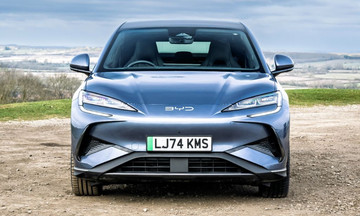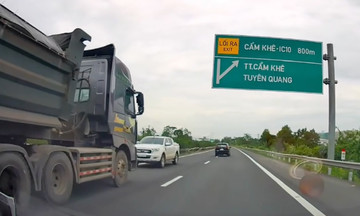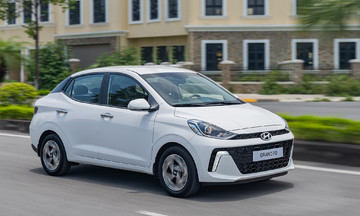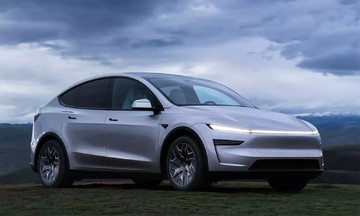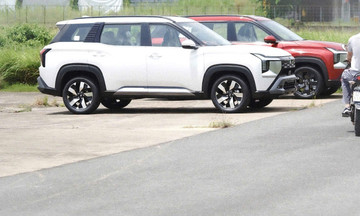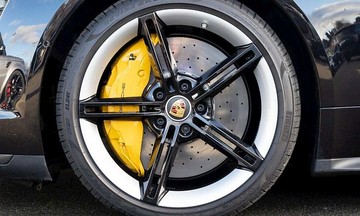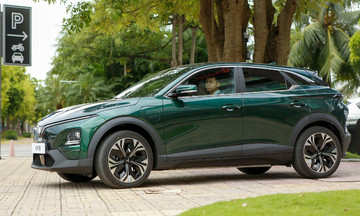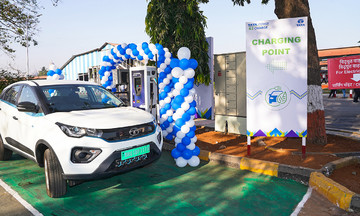The move comes as the German automaker loses market share in the world's largest auto market. Production has already stopped, and the closure will be phased in over the latter half of the year, according to sources familiar with the matter.
"We can confirm that production at the SVW Nanjing plant has ended," a Volkswagen representative said in a statement, adding that "many SAIC Volkswagen sites are being or have been converted for electric vehicle production".
Reuters reported in September that the German automaker planned to halt production at the Nanjing plant. The company will gradually shift production of the Passat model from Nanjing to a neighboring plant in Jiangsu province.
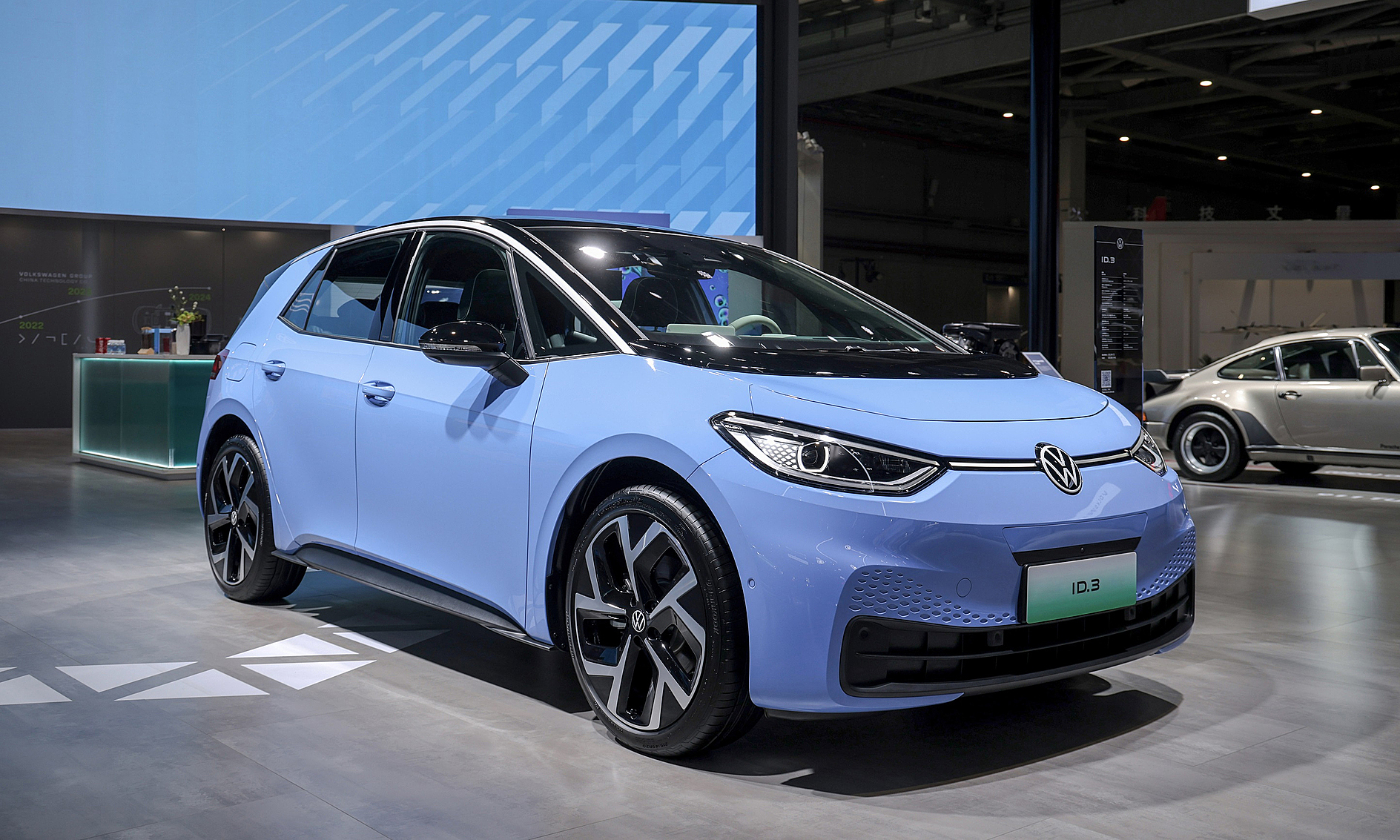 |
The ID. 3 electric vehicle - a product of the SAIC-Volkswagen joint venture. Photo: Volkswagen |
The ID. 3 electric vehicle - a product of the SAIC-Volkswagen joint venture. Photo: Volkswagen
The plant, located in the center of the Jiangning Economic and Technological Development Zone, opened in 2008 with an annual capacity of 360,000 vehicles. Most recently, the Volkswagen Passat and Skoda Superb models were produced there.
Sources said the inner-city location presented difficulties for modernization and logistics, and a switch to electric vehicle production was deemed uneconomical. The remaining production will be transferred to the nearby Yangzhou plant.
The Passat will continue to be produced and sold in large quantities, the sources said. According to Spiegel, the city government will also try to find a new user for the Nanjing plant to ensure its continued operation.
Volkswagen, once the best-selling automaker in China, has seen its market share decline. It is now partnering with SAIC and other companies like Xpeng to introduce new models expected to be more competitive in this fierce market.
Volkswagen's withdrawal from Nanjing exemplifies the structural changes in China and the increasing pressure on the German company as it competes with domestic electric vehicle brands like BYD and Nio. The Chinese auto market is oversupplied: around 100 auto brands are producing significantly more vehicles than customer demand. The result is a fierce price war, putting considerable pressure on the German group.
A few months ago, Volkswagen China announced that it would "further optimize" its production network in China. In each specific case, "alternative economic solutions will be considered".
My Anh



